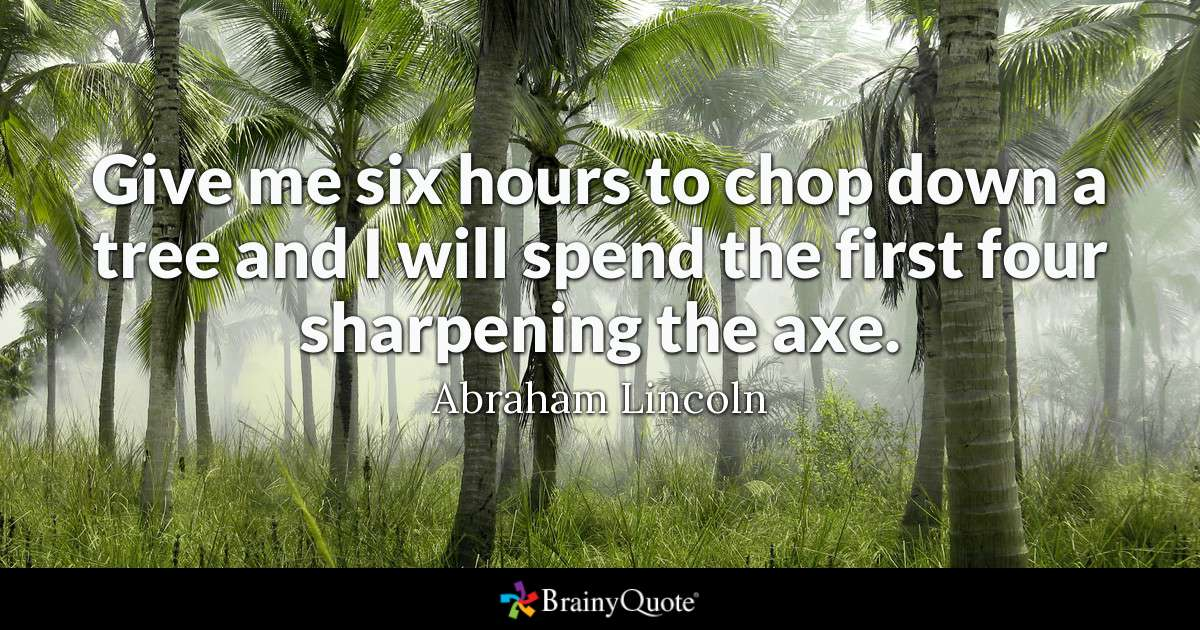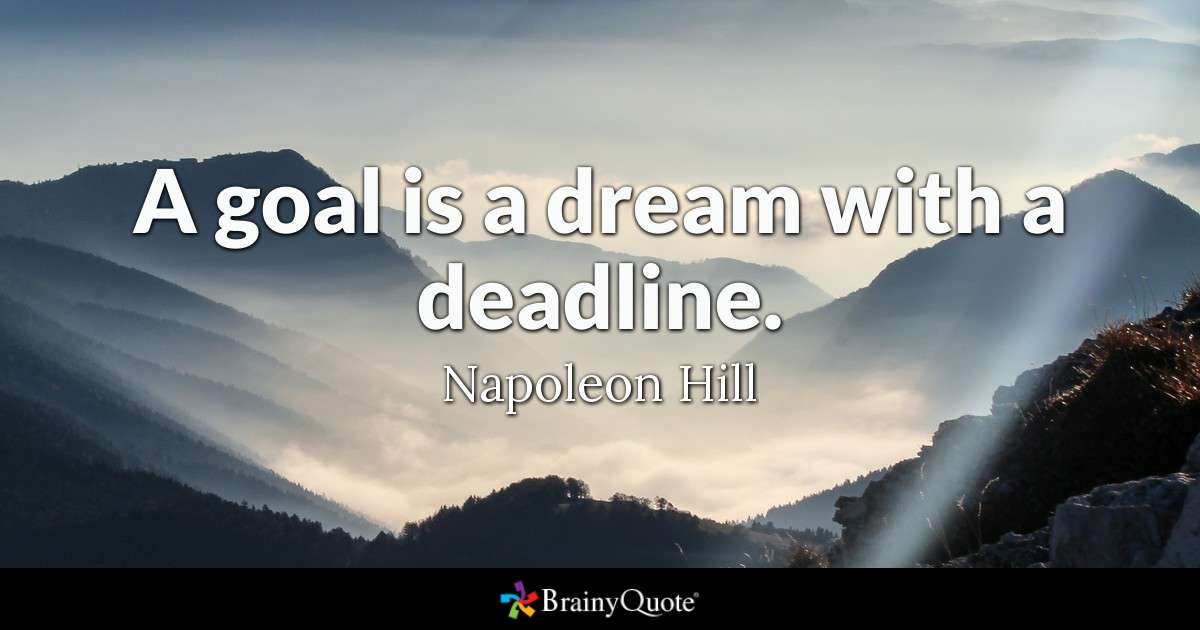beating the block isn’t what you think

Do you sometimes feel like you’re banging your head against a wall?
Your puppy fetches the ball, but won’t drop it. Your golf handicap is stuck at 22 despite taking lessons from the club pro. You can’t get past 25K words in your novel.
Or maybe the situations are all internal. Despite resolving to work smarter, you can’t stop playing that online game. You resolved to write 500 words daily but you wrote barely 500 in the last two weeks.
All these situations share one thing; you’re not getting what you want. Instead, you have effort without progress. You’re tempted to shout in anger or walk away in disgust.
It’s just not working. And you don’t know what to do next.
So Close
Expectation is the mother of all frustration.
Antonio Banderas
You might assume that as you become more skilled or experienced, frustration lessens. Sadly, that’s not true.
The novice knows she lacks skill. She has everything to gain and getting it wrong is a necessary part of the process. She endures the frustration of failure because there is no other way to improve.
Now consider the skilled practitioner who wants to improve. She’s gone through the early stages of learning and she has a decent level of skill. Now she wants to step up her game. She knows what she wants to achieve and she’s confident, having done something like it before.
If she enters a new arena where the players are more advanced, she must return to the novice position. This isn’t easy, because it entails putting aside her hard-earned pride in her skills. The frustration in failing again at what ought to be easy is huge.
Some years ago I took a postgraduate course on teaching adults. A twelve-month course was condensed into eight. The students were all respected professionals with letters after their names. Enthusiasm varied but the course was mandatory and how hard could it be?
We struggled. Every one of us.
The academic writing style was alien to me and my tutor’s comments reflected that. We were used to working hard for top scores; what do you mean the marking range is 50–60 marks?
We couldn’t accept that a mark of 54% was deemed a reasonable pass, that 58% would be excellent, that 60% was perfect and impossible to achieve. The workload was tough, on top of demanding full-time work and managing both practice and teenage family.
One woman, traumatised by failing an assignment for the first time in her life, never returned for the second module. I was used to being a high achiever, and suddenly I was in unfamiliar territory with a hard deadline to meet.
I had to find another way, fast.
Beginner’s Mind is Only the Start
Needing to have things perfect is the surest way to immobilize yourself with frustration.
Wayne Dyer
Beginner’s mind is that state in which the student is like an empty cup, waiting to be filled. In it we accept that we don’t know; we keep an open mind.
In reality, we can’t jettison everything we think we know so easily. For expert professionals, a great deal of self-worth and ego is tied up in knowledge and competence, the things for which experts are respected and rewarded.
A pragmatic compromise is to separate things we know from things we don’t yet know. It’s tempting to let real skills in one area bleed into an assumption of skill in another. Hence pop stars try to act and actors try to sing, with varying results.
For me and my postgraduate student peers, it meant returning to a state we’d left far behind us; a state of ignorance.
I had to let go of my past behaviours and assumptions. The minimum needed to pass was an aggregate score of 51%. That miserable number still required a ton of work.
We could argue about which referencing style was superior, or we could accept that the university required the Vancouver style and get to learning it.
I still had my skills in studying, revising, and time management. I still had expert status in my own field. Being a beginner again didn’t negate those things.
I only pushed through my frustration after a clear analysis of the work and resources needed, but without overvaluing my past experience.
There’s no shame in not knowing, as long as you’re prepared to learn.
A Different Playing Field
You have expectations about the effort needed and the results you can expect from that effort. You experience frustration because either:
- You’re putting in an effort but not achieving the goal.
- Your actual effort is less than your perceived or promised effort.
1. Nice Try But No Cigar
You must figure out what is blocking your progress and then be ready to act, even if it goes against the grain. It’s okay to ask for help. High achievers have coaches and mentors on their teams.
Do you need to lean into practice? The very best practitioners in all disciplines practise over and over. They hit millions of balls, run thousands of miles, or write millions of words before the world sees them winning.
Moving up a level in your field rests on doing more. And then, when you’re sick of it, do it again.
Perseverance is the hard work you do after you get tired of doing the hard work you already did.
Newt Gingrich
Improving in a new field means checking your ego at the door. Listen to the coach and follow instructions. You can’t win at baseball using a golf club or marathon running techniques.
2. The Lies You Tell
Are you guilty of complaining? You tell anyone who’ll listen that you just don’t have time to write, you’re too busy to work out, or you have special circumstances that stop you from doing what you said you would.
Before you can lie to someone, you first lie to yourself.
You already know what stands in your way. You prioritised it and did that instead. Hard work is hard and boring. You want an easy life — but here’s the thing.
You can have excuses, or you can have results.
You can have excuses, or you can have results. The choice is yours.
Other people have achieved what you want with fewer resources and greater challenges. So decide what you really want and commit to it fully.
Assume you’ll fall into bad habits again, then plan around your weak spots so you keep working.
Fill the fridge with healthy food options. Pack your gym bag at night and put it in front of the door so you can’t avoid it the next morning. Use distraction-free software to keep your focus on the words you’re producing.
Tell yourself the hard truth. You are the only one holding you back.
How Much Do You Want It?
Success is not built on success. It’s built on failure. It’s built on frustration. Sometimes it’s built on catastrophe.
Sumner Redstone
Why suffer through frustration when it’s easier to give up?
Because the obstacle doesn’t block your path — it is the path.
The obstacle is there to teach you humility, to test your resolve and strengthen your muscles, to drive your growth.
And the prize will be all the sweeter after the struggles you endured. It’s time to stretch for the higher fruit.
Have a comment or question? Drop it in the form below and let’s talk.



















